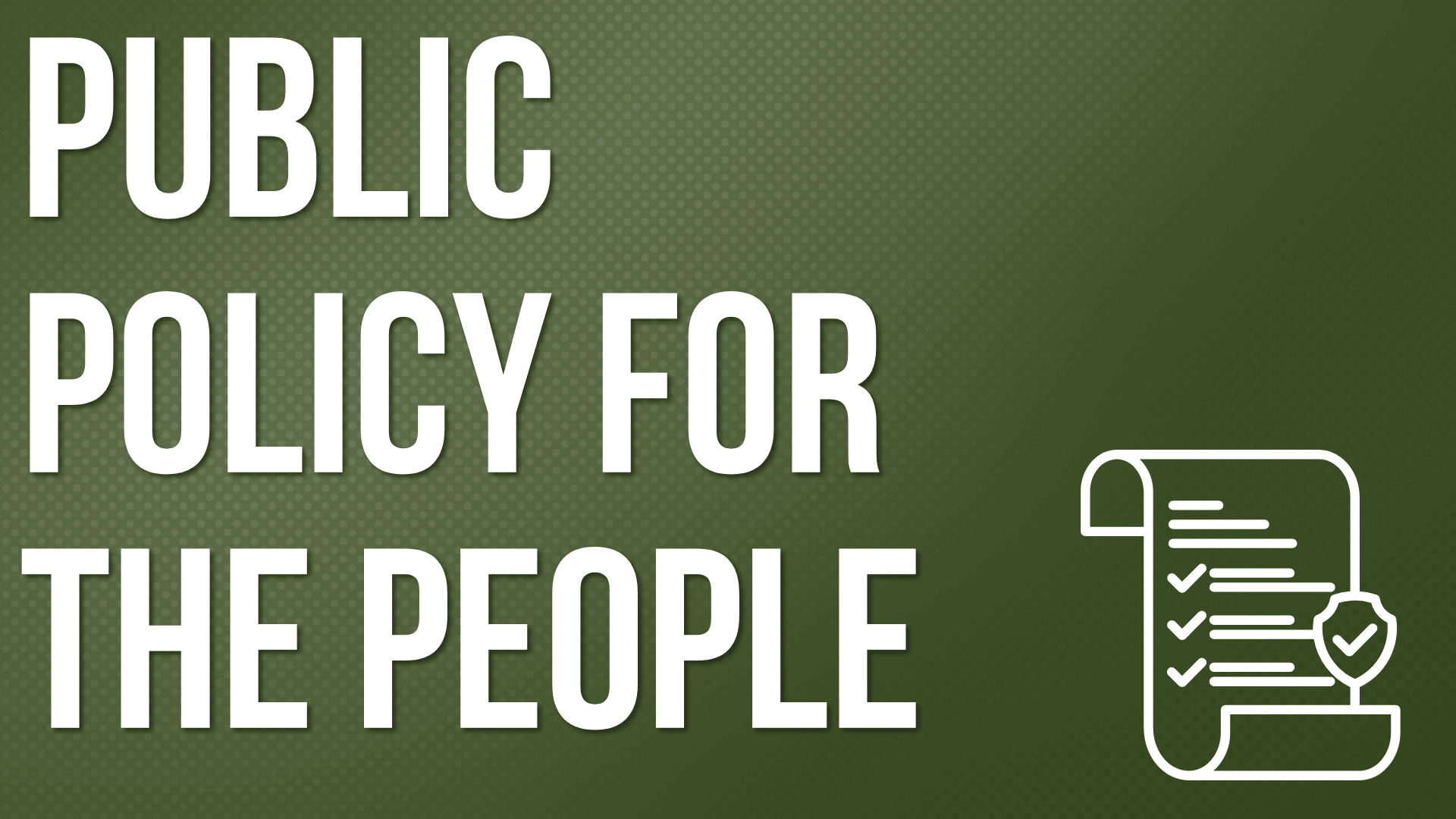Fight for Medicaid & What's Next
 The Georgia Council on Developmental Disabilities (GCDD) thanks Georgia families and self-advocates for their hard work. You used your voices to speak for other Georgians during a big federal budget debate. House Resolution 1 (HR1) passed. It is also called the Big Beautiful Bill. This article gives you a brief overview of the bill. Its focus is on Medicaid and how it affects Georgia's communities.
The Georgia Council on Developmental Disabilities (GCDD) thanks Georgia families and self-advocates for their hard work. You used your voices to speak for other Georgians during a big federal budget debate. House Resolution 1 (HR1) passed. It is also called the Big Beautiful Bill. This article gives you a brief overview of the bill. Its focus is on Medicaid and how it affects Georgia's communities.
The President signed HR1 into law this past July 4th. This important law will change Medicaid in Georgia. Right now, Georgia spends about 2.3% of all U.S. Medicaid money. That is $17 billion per year.
Georgia's Medicaid program covers more than 2 million people. This includes over 200,000 people with disabilities. Medicaid pays for important services. These include NOW/COMP waivers. These waivers provide Home and Community-Based Services (HCBS) for people with intellectual and developmental disabilities. Medicaid also pays for TEFRA/Katie Beckett Waivers. These cover tests and treatment for children with significant disabilities.
HR1 does not directly cut Home and Community-Based Services (HCBS). But history shows us something important. When Medicaid faces budget cuts, optional services like HCBS are often cut first.
What will Medicaid changes look like in Georgia?
Medicaid is a joint state-federal program. This means not all decisions are made at the federal level. Because of this no one can tell you exactly what HR1 means for Georgians on Medicaid right now. HR1 cuts the Medicaid budget. This means states must look closely at HR1. They will use it to make future decisions about their Medicaid programs.
These cuts will not start until 2027. At GCDD, we will focus on what Medicaid changes mean for Georgians with disabilities. We will keep you informed. We will tell you what is happening and what you can do to advocate.
Remember this as Georgia moves forward. When it comes to Medicaid changes, the details matter. Medicaid is a state-federal program. This means Medicaid already looks different in every state. So changes that states make because of HR1 will not look the same from state to state.
Changes will look different across the different parts of Medicaid in Georgia. For example, we think there will be more frequent eligibility checks. These will happen under Georgia's "Pathways to Coverage" program. This is the partial Medicaid expansion that began in 2023. But we do not think there will be more frequent eligibility checks in waiver programs.
Bottom line – stay tuned. We are keeping our ears close to the ground. We will keep sharing important information for Georgians with developmental disabilities.
Attention! Big federal decisions to come
Not all federal budget decisions were made in the big budget bill. More decisions are coming. This includes possible cuts to GCDD's sister agencies.
We told you last month about possible budget cuts. These cuts could affect the Georgia Advocacy Office (GAO). They could also affect the Center for Leadership in Disability (CLD) at Georgia State and the Institute for Human Development and Disability (IHDD) at UGA. The President's budget request proposes cutting funding to all these agencies.
Are they cut or not? We do not know yet. Congress will make these decisions. They will work through Appropriations committees.
Have you or a loved one benefited from GAO, CLD, or IHDD? Now is a great time to call your Congressperson. Tell them about the funding risk to University Centers for Excellence in Developmental Disabilities like CLD and IHDD. Tell them about the funding risk to Protection & Advocacy agencies like GAO. And tell them what those agencies and their work mean to you.
So, what can you do about it?
Now, more than ever, we must protect Georgia's core Medicaid population. We must expand the workforce. We must strengthen families by investing in the disability system.
We urge you to contact your state legislators. Remind them how important it is to increase funding for Medicaid waivers at the state level. Remind them that funding Medicaid waivers is an investment. It helps Georgia's families and communities.
We did a case study last year. It was about Mia Nobbie. She is a Georgian with a disability who gets a Medicaid waiver. Mia can hire support staff. Those staff members then pay taxes. This helps the local economy. Mia also works a part-time job at a local hospital. She stays engaged in the community. Because of her waiver support, her mom can work at a well-paying job.
The waiver support helps Mia live with dignity and independence. It also helps her give back over $70,000 each year to the state. This comes from wages, taxes, and spending. The value of her total contributions to the community cannot be measured. It makes good business sense to invest in Georgians with disabilities. And of course, it is the right thing to do.
There is a saying in the legislature: "The budget is a moral document." Let's make sure it reflects an investment. We want investment in the lives, dignity, and future of the disability community.